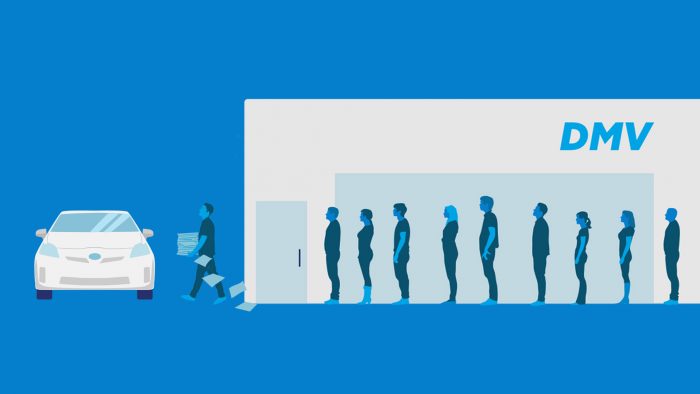Paperwork Needed to Sell Your Car: A Checklist

Selling your car can be an exciting yet meticulous process. Whether you're looking to upgrade to a new model or simply need to clear some space, knowing what documentation you need ahead of time can make the transition smooth for both you and the potential buyer. Here's a comprehensive checklist of paperwork that you'll need to have ready before you begin the selling process.
The Essential Documentation

The Title


The most crucial document when selling your car is the vehicle title. This is the legal document that establishes ownership of the vehicle. Here's what you need to know about the title:
- Ensure the title is in your name, clear of any liens.
- If there are liens or loans on the title, you'll need to have them released or satisfied.
- Some states require a notarized title transfer.
📜 Note: If your title is lost, you'll need to apply for a duplicate from your DMV before proceeding with the sale.
Bill of Sale

While not always legally required, a bill of sale provides both parties with proof of the transaction details, including:
- The date of sale.
- The price of the car.
- A description of the vehicle (make, model, year, VIN).
- Names and signatures of both buyer and seller.
Release of Lien

If your car loan has been paid off, you should have a lien release from your lender, which can be either attached to the title or separately notarized. This proves that the vehicle is lien-free.
Supporting Documents

Vehicle History Report

A vehicle history report can add value to your sale by providing potential buyers with a comprehensive report on the vehicle's history, including:
- Accident history.
- Service records.
- Registration details.
- Possible theft records.
🚗 Note: Services like Carfax or AutoCheck can provide these reports, often at a nominal fee.
Emissions and Safety Inspections

If applicable in your state, ensure you have:
- An emissions test report, especially in areas with smog regulations.
- A safety inspection certificate.
Owner's Manual and Warranties

Include any owner's manuals, maintenance records, and warranty information. This shows you've taken good care of the vehicle:
- Service receipts or maintenance history logs.
- Warranty documents if still applicable.
Optional but Recommended Documents

Spare Key

Having a spare key or a copy of the key code can sweeten the deal:
- It’s a sign of good faith to provide a spare key.
Photos

Document the condition of the car with photos:
- These can serve as evidence of the car's condition at the time of sale.
📸 Note: A photo album or a printed record of digital photos can be useful, particularly for significant features or repairs.
As-Is Clause

Consider having an as-is clause in your bill of sale:
- This clause indicates that the car is being sold in its current condition with no warranties or guarantees.
By ensuring you have all these documents in order, you streamline the selling process, making it easier for you to close the deal and for the buyer to take ownership of the vehicle without complications.
What if I’ve lost the title to my car?

+
If you’ve lost your vehicle’s title, you can typically apply for a duplicate title from your DMV or Department of Motor Vehicles. The process can vary by state, but you might need to pay a fee, provide proof of ownership, and potentially complete a form attesting to the loss of the original document.
Do I need to provide a vehicle history report?
+
While not mandatory, providing a vehicle history report can help instill confidence in the buyer about the car’s background, potentially speeding up the sale and possibly commanding a higher price due to the transparency it offers.
Is it mandatory to have a release of lien even if my car is paid off?
+
Yes, if your car had a lien at some point, a release of lien is necessary to prove that the vehicle is free of any financial encumbrances. If you can’t locate the release, you might need to contact your previous lender to get a duplicate.